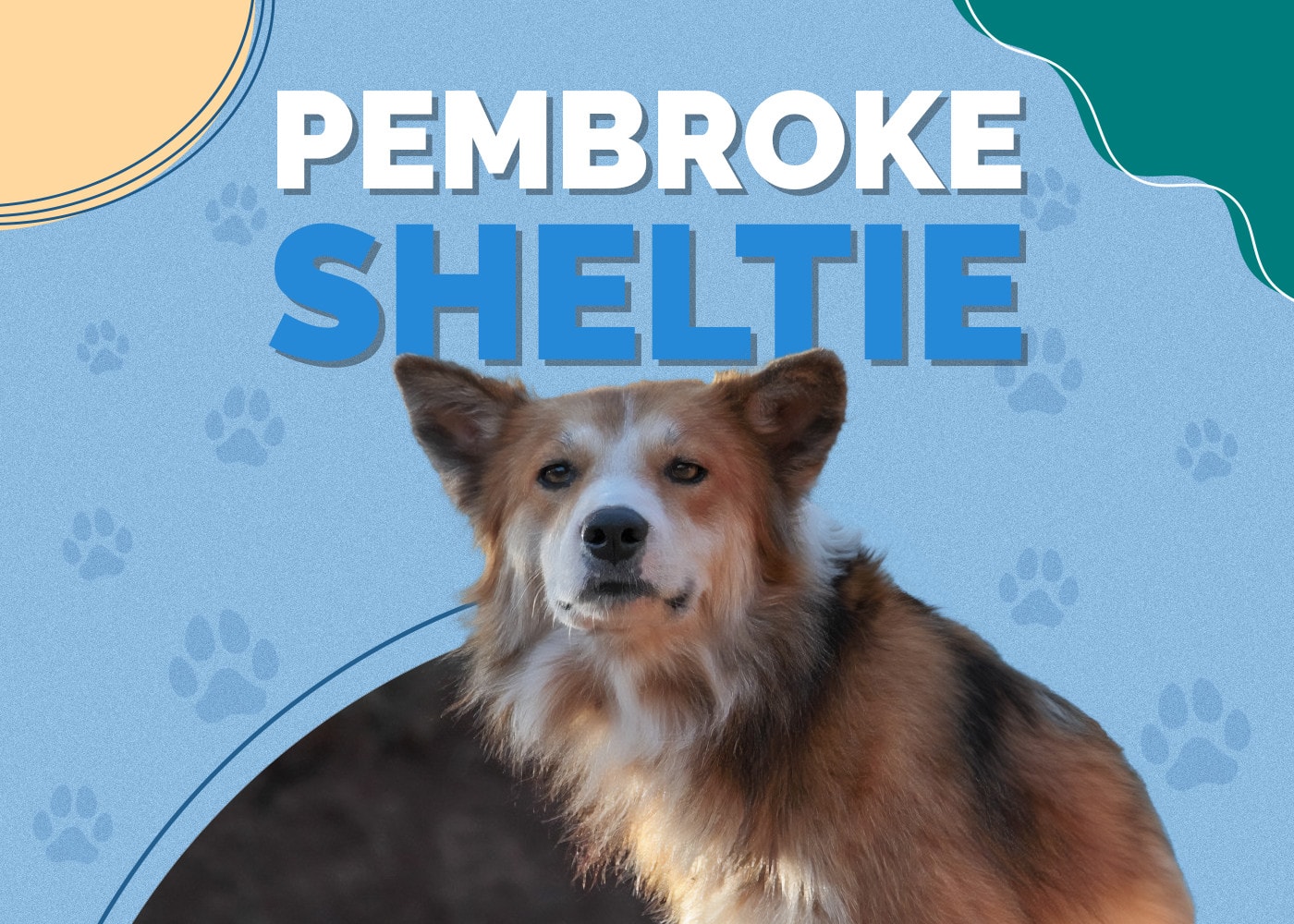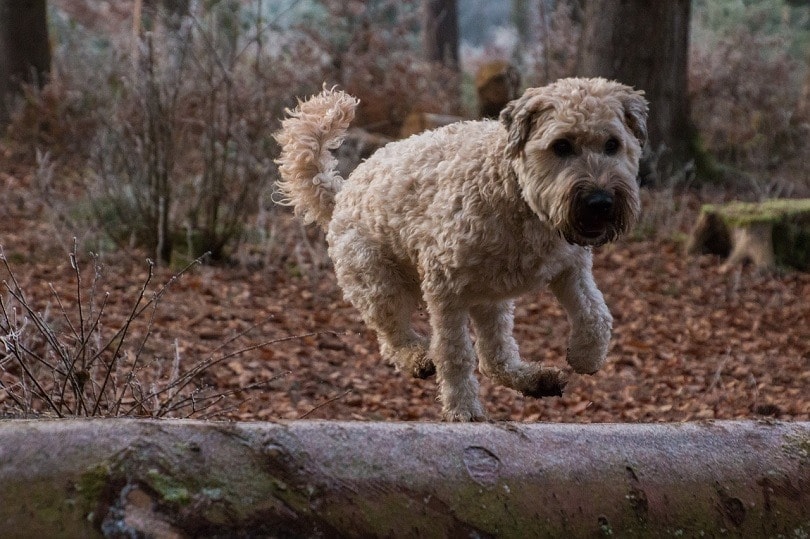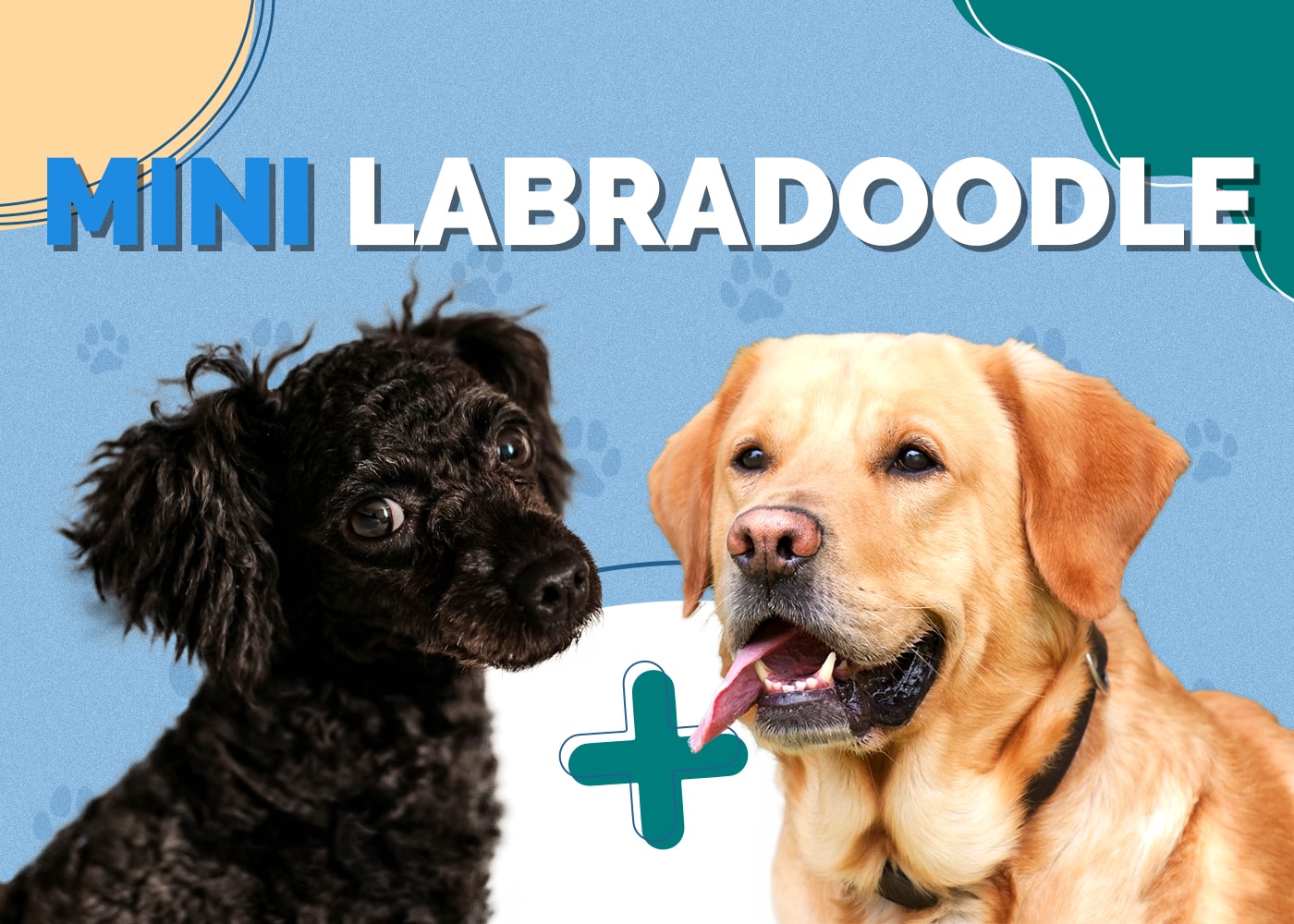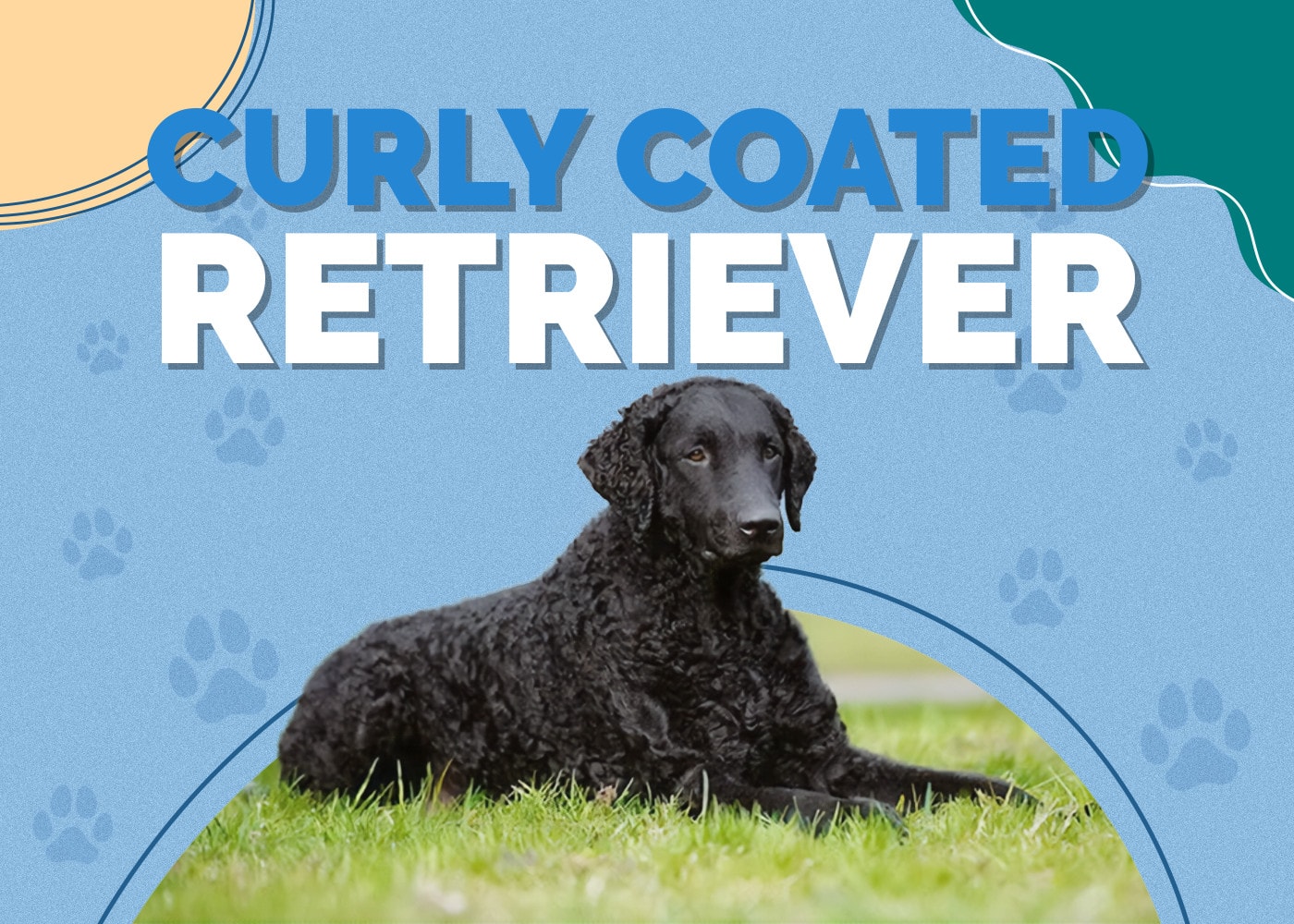Pembroke Sheltie (Corgi & Sheltie Mix): Info, Pictures, Facts

Updated on

| Height: | 10–16 inches |
| Weight: | 11–30 pounds |
| Lifespan: | 12–15 years |
| Colors: | Brown, sable, red, white |
| Suitable for: | Families of all sizes, active owners, apartment dwellers and homeowners alike |
| Temperament: | Energetic, affectionate, loving, protective, loyal, intelligent |
The Pembroke Sheltie is a mix between a Shetland Sheepdog, also known as a Sheltie, and a Pembroke Welsh Corgi. These hybrids are also referred to as Sheltie Corgis or Corgi Shelties, but no matter what you call them, they make wonderful family pets!
These dogs are active and playful and make excellent additions to active families, but they also love human interaction and are rather affectionate. When not playing or exercising, these pups will happily sit with you (or better yet, on your lap) while you watch TV or relax.
They are friendly dogs that usually get along well with just about anyone or any other pet they meet, but they will step between you and any danger to protect you. We’ll discuss everything you need to know about Pembroke Shelties so you can decide if they would make a good fit for your home.
Pembroke Sheltie Puppies
Pembroke Shelties are very adaptable to apartment life because they are medium-sized and have a very low tendency to bark. However, this comes with the large caveat that they need extensive exercise on a daily basis. Make sure that you can give this dog the exercise they need, which will be around 90 minutes every single day.
Unfortunately, Pembroke Shelties can inherit quite a few serious health issues from their parent breeds. Before committing to a Pembroke Sheltie puppy, you should be prepared for a vet bill that may be higher than it would be with other breeds.
Lastly, you should know that Pembroke Shelties can vary quite a bit in size depending on which parent breed they more closely resemble. They can be in the small or medium dog category, so be prepared for either before bringing your Pembroke Sheltie puppy home.
3 Little-Known Facts About the Pembroke Sheltie
1. They have an abundance of energy.
Many people associate small and even medium dogs that adapt well to apartment life with a lower energy level, but this could not be less true of the Pembroke Sheltie. These dogs require about an hour and a half of exercise every single day, and they will often be energetic and playful even outside of their dedicated exercise. They can seemingly go for hours without tiring.
2. They are very protective.
Your Pembroke Sheltie may appear small and unassuming, but these dogs will defend you and your family to no end. They are very protective, and although they don’t make good guard dogs given their tendency to refrain from barking, they will happily protect you or your family if they sense any real danger.
3. Their parent breeds have long histories.
The Pembroke Sheltie likely originated in the late 1900s along with a large number of other “designer” breeds, but the parent breeds have been around for centuries. The Pembroke Welsh Corgi can be traced back to around 1100 when they were originally used to herd livestock and guard farms. The Shetland Sheepdog originated in Scotland, where they unsurprisingly were used to herd sheep.

Temperament & Intelligence of the Pembroke Sheltie 🧠
Pembroke Shelties are small and lovable dogs who desire human interaction often and love being around their owners. They strive to please their humans, so they’re generally easy to train, and they fit in well with most families.
These dogs are highly intelligent, as both parent breeds are known for their intelligence. They often understand what you are saying, and they’re able to learn new things quickly.
They are energetic if their families are active and playful even outside of their dedicated exercise time, but they’re also happy to show affection and cuddle as long as they get their energy out.
Are These Dogs Good for Families? 🏡
Pembroke Shelties can make excellent family pets, as they are loving, affectionate, and protective. They will form strong bonds and friendships with you and all of your family members, and although they likely won’t bark at strangers, they will seek to protect you from any danger.
In fact, these dogs do best in families with multiple members who can each take turns playing, interacting, and exercising with them. They will likely outlast you when it comes to endurance and affection, so the more people you have around to help get their energy out and give them attention the better!
Pembroke Shelties are usually not wary around strangers, as their intelligence typically allows them the ability to gauge people’s intentions accurately. Therefore, they will welcome company from family friends, or extended family as long as they don’t perceive anyone coming into your house as a threat.
Does This Breed Get Along with Other Pets? 🐶 😽
Pembroke Shelties usually get along well with other dogs, and they likely won’t have any issues getting accustomed to cohabitation with other pups. They’re generally friendly toward both familiar and unfamiliar dogs, but again they can become protective around dogs they perceive as a threat. You’ll need to be prepared for this, as it can lead to some minor aggression if they feel it’s necessary.
These dogs have a high prey drive, so they’re not particularly recommended for homes with cats or other small animals. Early socialization with other animals, especially cats, can lead to a positive relationship, but this isn’t guaranteed, and any interaction could go wrong if your dog’s hunting or herding instincts kick in. Pembroke Shelties are usually alright in homes with cats, rabbits, or other small pets, but they may resort to chasing.
Things to Know When Owning a Pembroke Sheltie:
Food & Diet Requirements 🦴
Despite your Pembroke Sheltie’s relatively high energy level, you can expect to feed them an average amount of food for a medium-sized dog. If your Pembroke Sheltie is on the smaller end, you can safely give them closer to one and a half cups, and large Pembroke Shelties can be given up to two and a half cups of dry food each day.
Active dogs like this will need a food that is formulated for high-energy dogs, so choose a commercial dog food that’s high in protein and made for medium-sized dogs with an above-average level of energy and activity.
These dogs can also be subject to hypothyroidism, so if you notice that your pooch continues to gain weight uncharacteristically, consider reducing their food intake a bit, and consult your vet for guidance if the issue persists.
Exercise 🐕
Pembroke Shelties are a mix of two very energetic and hardworking breeds, so you can expect your pooch to have a lot of energy! These dogs need about an hour and a half of vigorous exercise every single day. This can be in the form of walking, running, or active play in the yard or at a dog park.
Many active dog breeds need dedicated exercise time even if they exhibit high energy levels during play, but the Pembroke Sheltie simply needs to be active for about 90 minutes. Getting their energy out via a walk or active and energetic play will do the trick with these dogs!
Lastly, Pembroke Shelties are very intelligent, so some kind of mental exercise is great for these dogs as well. Although mental stimulation shouldn’t replace physical exercise, implementing some logic games, puzzle toys, or advanced training can be used to keep your pup sharp and engaged.
Training 🦮
Pembroke Shelties are highly intelligent and usually eager to please, and these traits lead to a dog that is very easy to train. They will quickly pick up on new commands and tricks, and they’re capable of learning just about anything you’re willing to teach them.
Because Pembroke Shelties are so obedient, they’re perfect for first-time dog owners or those who have little to no experience with obedience training. A minimal amount of effort and some positive reinforcement are the only things required to get your dog to listen and obey.
Above and beyond normal obedience training, you will need to do additional leash training and probably more than you would with other breeds. These dogs have a high prey drive, so they will often lunge at and try to chase down squirrels, rabbits, and other small animals they see on walks. They should therefore never be walked without a leash and a harness, and you should always ensure that your yard is fully secure before letting them outside.
Grooming ✂️
Grooming will be somewhat time-consuming with this breed, but it’s all fairly straightforward and plausible for novice dog owners who have the time to commit to a healthy pooch. You should plan to brush your Pembroke Sheltie once or twice a week to keep their coat healthy and shiny and to cut down on shedding. These dogs do shed year-round, but it’s manageable with regular brushing. Brushing with a deshedder is recommended leading into summer and winter when these pups shed the most.
Bathing can be done about once every other month or simply as needed. Don’t give your pooch baths too often, as frequent bathing can deplete your dog’s natural skin oils and lead to dry and irritated skin.
In addition to coat maintenance, you’ll want to make sure to keep your dog’s nails properly trimmed, as active breeds like this one are prone to cracked and broken nails.
About once a week, wipe your dog’s inner ears clean and brush their teeth to promote good dental hygiene.
Health and Conditions ❤️
Unfortunately, Pembroke Shelties do inherit some health issues, some of which can be life-threatening. You should always be on the lookout for the below potential problems, and of course, maintain at least yearly vet checkups to have your dog screened for common health problems.
- Cryptorchidism
- Degenerative myelopathy
- Ehlers-Danlos syndrome
- Progressive retinal atrophy
- Cataracts
- Patent ductus arteriosus
- Deafness
- Hip dysplasia
- Von Willebrand’s disease
- Collie eye anomaly/defect

Male vs Female
For the most part, temperament and behavioral tendencies in your Pembroke Sheltie will depend mostly on which parent breed your pooch more closely resembles. However, you may find that males tend to be a bit larger and have a higher prey drive. They can also be a bit more protective and energetic.

Final Thoughts
Pembroke Shelties are adorable and cuddly dogs that love human interaction and will want to be around you and your family on a constant basis. They make wonderful companions and will fit in very well with all of your family members, including children.
These dogs are great for novice dog owners because they are easy to train and relatively easy to groom. They also have a low tendency to bark, so as long as you have the time to dedicate to ample daily exercise, these dogs are adaptable to apartment life as well.
If you’re looking for a good mix of energy and affection, and you also want a dog who is loyal and highly protective, the Pembroke Sheltie is a wonderful choice and will undoubtedly make your home a happier place!
Related Reads:
Featured Image Credit: Mehdi El Khattabi, Shutterstock











